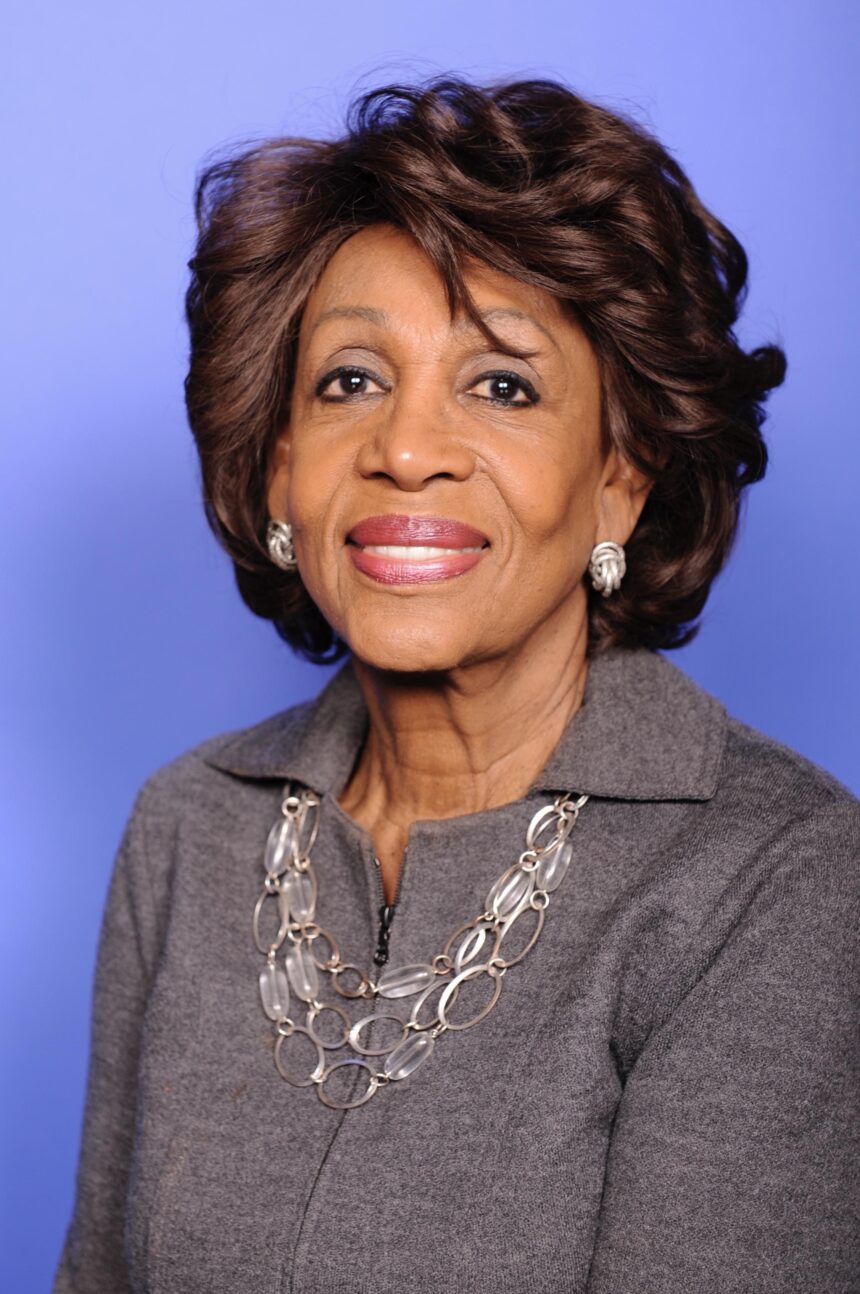In a fervent address reflecting California’s deepening political divide, Congresswoman Maxine Waters has openly condemned President Donald Trump’s recent decision to deploy federal troops to Los Angeles. Citing concerns over public safety and civil rights, Waters characterized the President as a “cruel, dishonorable human being,” arguing that the military presence undermines local communities already grappling with the challenges of social unrest. Her remarks come amid a backdrop of heightened tensions in major U.S. cities, where the intersection of law enforcement and civil rights has become a pivotal issue in national discourse. As the debate surrounding troop deployment intensifies, Waters’ strong statements resonate with a wide array of constituents who fear the implications of federal intervention in local affairs.
Maxine Waters Critiques Trump’s Troop Deployment Decision in Los Angeles
In a recent statement, Representative Maxine Waters expressed her vehement opposition to President Trump’s decision to deploy troops to Los Angeles. Waters described the move as not only unnecessary but also emblematic of a broader pattern of what she termed “cruelty” in Trump’s governance. She emphasized that the presence of military personnel in civilian areas often exacerbates tensions rather than alleviating them. Her remarks underscored a sentiment prevalent among many community leaders and residents who feel that such actions only serve to instill fear rather than foster safety.
Waters highlighted several key concerns regarding the troop deployment:
- Community Trust: The military’s presence may lead to a significant erosion of trust between law enforcement and local communities.
- Public Safety: She posits that additional military personnel in urban areas could lead to increased confrontations rather than security.
- Resource Allocation: Waters criticized the decision as a misallocation of resources that could be better spent on community programs aimed at addressing the root causes of unrest.
Moreover, Waters condemned the deployment as representative of Trump’s overall approach to governance, questioning the motives behind such drastic measures. “This is not leadership,” she stated emphatically, calling for dialogue and collaboration instead of militarization in response to civic issues. As public debates continue over the appropriateness of using military force domestically, Waters’ stance aligns with a growing call for more compassionate and community-focused approaches to the challenges facing Los Angeles.
Analysis of the Humanitarian Impact of Military Presence in Civilian Areas
The recent decision to deploy military personnel to civilian areas, particularly in Los Angeles, has raised significant concerns regarding its humanitarian implications. The presence of troops in urban environments can lead to a range of social and psychological impacts on local communities. Residents often experience heightened feelings of anxiety and fear due to the visible militarization of their neighborhoods. This can exacerbate existing tensions, particularly in areas that have historically faced issues of inequality and violence. Critics, including Congresswoman Maxine Waters, argue that such deployments reflect a disregard for the dignity and rights of citizens, framing it as a strategy that may prioritize control over community well-being.
Furthermore, the deployment of military forces may strain relationships between civilians and law enforcement. There is a palpable concern that the presence of troops could lead to an escalation of confrontations, particularly with marginalized groups who may already feel targeted by law enforcement agencies. The ramifications of this military intervention are multifaceted, including potential violations of civil liberties and a chilling effect on community activism. Emerging data highlights specific challenges:
| Impact Area | Potential Effect | Community Response |
|---|---|---|
| Psychological Well-being | Increased stress and anxiety levels | Calls for mental health support |
| Community Safety | Heightened risk of violent confrontations | Advocacy for non-military responses |
| Civil Liberties | Perceived infringement of rights | Mobilization of civil rights groups |
Recommendations for Community Engagement and Alternatives to Military Solutions
In light of the recent decision to deploy troops to Los Angeles, communities are urged to explore alternative strategies that prioritize harmony and cooperation. Engaging local organizations, residents, and stakeholders is crucial for fostering a sense of unity. Emphasizing dialogue over force can yield sustainable solutions. Here are some recommendations for enhancing community engagement:
- Host community forums: Create safe spaces for open discussions about safety and security.
- Strengthen local partnerships: Collaborate with nonprofits and civic groups to address the root causes of community issues.
- Organize volunteer initiatives: Mobilize residents around service projects aimed at improving neighborhood conditions.
- Educate and empower: Offer workshops to equip community members with conflict-resolution tools.
Additionally, it is vital to explore holistic approaches to public safety and community well-being. To shift the focus away from militarization, cities can adopt innovative strategies that promote safety through nonviolent means. Implementing programs that build trust between law enforcement and residents can significantly improve community relations. Consider the following alternative solutions:
| Alternative Solutions | Description |
|---|---|
| Restorative Justice programs | Facilitate healing and reconciliation between offenders and victims. |
| Community policing initiatives | Encourage police to build relationships with the communities they serve. |
| Conflict mediation services | Provide professional mediators to resolve community disputes amicably. |
| Youth mentorship programs | Engage at-risk youth with positive role models and constructive activities. |
Insights and Conclusions
In conclusion, Rep. Maxine Waters’ vehement response to President Trump’s decision to deploy troops to Los Angeles underscores a growing concern among lawmakers about federal intervention in local governance. Her remarks encapsulate a broader narrative of discontent with the administration’s approach to domestic issues, particularly in the wake of heightened tensions surrounding protests and civil unrest. As the situation unfolds, the implications of such military presence in civilian areas remain to be seen, with Waters asserting that the actions of the current administration reflect a deep-seated disregard for community needs. With Waters and others calling for a reevaluation of these tactics, the nation grapples with the balance between security and civil rights in these unprecedented times. As these debates continue, all eyes will be on how local communities respond and how government officials will navigate the challenging landscape ahead.









